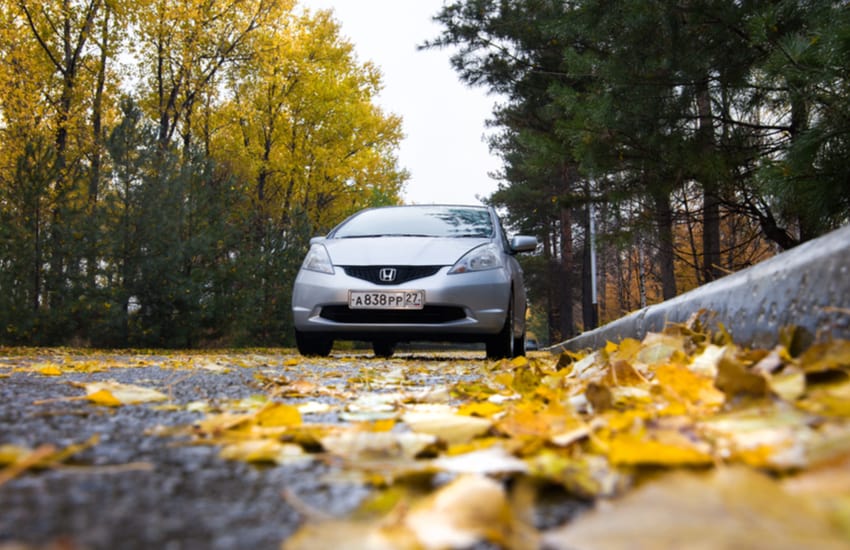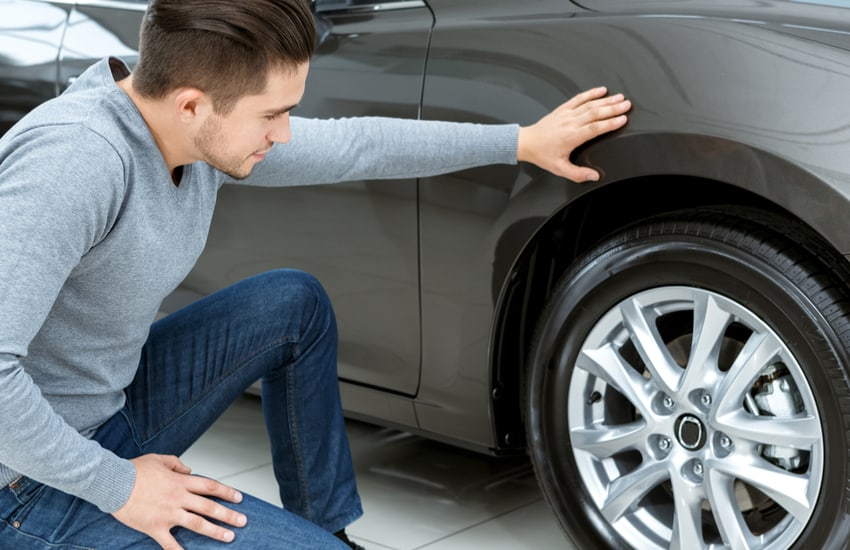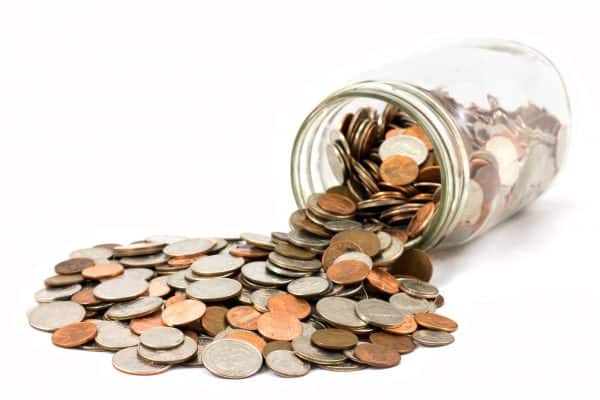There are many reasons for buying a used car rather than a new one. Whether it’s the lower cost or the ability to use it immediately rather than waiting months, sometimes a used car is just much more appealing.
The used car market is booming while new car sales are stalling (down by an estimated 15.7%!). But before you reach for the second-hand listings, you need to know what to look for. Otherwise, you could end up forking out thousands for repairs in the long run.
So, can you find reliable used cars on a budget? The short answer is yes, but here are some tips on how to buy a diamond, not a dog.
The best and worst brands
The most reliable marques are made by Asian manufacturers with only two of the top 10, three if you count Chinese-owned MG, not being from the far east, according to What Car?’s reliability survey.
The biggest surprise is that the much-maligned Alfa Romeo is in the top five for reliability while Nissan is fifth from the bottom of the 32 brands. Citroen and Peugeot, although making better-reviewed cars nowadays, are still low on reliability, as is the famed ‘box-on-wheels’ but usually bullet-proof brand, Volvo.
Depending on the age of the car you’re looking at, Asian-built is the safest route you can take to minimise cost for repair, for example, the Honda Jazz which had zero reported faults and is the most reliable small car around.
This type of reliability, when paired with traditionally smaller, more economical engines, allows for lower insurance and tax, meaning your wallet takes less of a hit.

When should you buy?
Once you’ve decided on your car, you need to know how to get the best deal; and that means knowing when to buy.
Dealerships have targets to meet, usually on a quarterly sales basis. Therefore, the ends of March, June, September and December are a good time to buy. They’re keen to meet their targets, so will be more willing to negotiate and offer more attractive packages. For example, you could get a few years’ free servicing thrown into the price.
For a quiet time and the best chance to talk to a salesperson, try skipping weekends, or going in after payday. A dealership crammed with buyers isn’t the best place to bargain. Likewise, avoid the very end of the quarter for sales, once targets have been met, the deals are off.
Obviously, this doesn’t apply to private sellers but be wary of adverts that say they’re offering it cheaper for any number of circumstances. Check out ads for similar models and their prices to make sure that you aren’t being duped into buying.
What to look for when buying a used car
There’s a long list of things to look for when buying a used car that goes far beyond looks, bumps, and badge. The RAC has produced a handy checklist for you, but here are a few key points to look for and avoid, be it at a dealership or private seller.
- High-milers: Yes, Top Gear proved you could get a reliable car that’s done more than 200,000 miles. But in reality, it’s likely to be beaten-up and close to breaking down
- Test Drive: You’ll be amazed how many people pass on the chance to get to know a car better by test driving it. Insist on it; it could be your first sign you’re looking at lemon
- Hone your History: We don’t mean read up on the model’s history from design to dealer, but you can quickly check an individual car’s history with apps like AutoCheck and MyCarCheck
- Look closely: Panels with different colours or alignment are signs of repair after a shunt. Likewise, spray paint on handles, window seals and mouldings can show repair work. If the engine bay has been washed, it could mean the owner may be covering up oil leaks – check this after a test drive.

Research your ride
It may sound an easy one, but reading around on sites like AutoCar, AutoExpress, Top Gear and Honest John can give the information you need about the car on ‘common’ faults and ‘what to look for’ tips. Keep in mind, though, that those who’ve had a poor experience are likely to be more vocal.
Researching also allows you to look around for similar prices at dealers or private sellers near to you so that you can get the best price and car to meet your needs. You may find some dealerships have offers on, different levels of trim or lower mileage compared to the model you’ve seen.
Some of these sites are also great for giving you a roundabout understanding of the cost of your car, both upfront and ongoing, so you know what to budget for and how much to haggle.
Does it fit your needs?
It’s naturally tempting to buy a car for how it looks and the prestige of the badge; many do. But you need to have your car fit your needs. It’s no good buying a small motor or two-seater if you want to start a family. Come up with a list of what you need.
- Engine size: a punchy city car, motorway cruiser or all-rounder
- Fuel: diesel cars are being hit by tax hikes and bans, so face uncertainty
- Size: can you fit the kids in the back, equipment or pushchair and/or pooch in the boot
- Eco: costs more at first but you get government grants, tax breaks and help the planet

Don’t be pressured into buying
If the car you’re looking at doesn’t feel right, don’t be pressured into buying it on the spot. Salespeople are very skilled at pointing out all the benefits, but they’re also used to people saying no.
It’s usually a good idea to go away and think about the purchase, even if that’s just to have a brew. That way you can weigh up the decision and discuss any concerns you might have away from the sales environment for that important outside view. And, if it still doesn’t feel right, listen to your gut feeling. There are other cars out there!
If buying from a private seller, always be mindful that in certain cases, they may bring their personal circumstances into a conversation to try and influence the sale. Go in with a clear head and focus on the task at hand. Trust your instincts, and you should eventually find the car that suits your needs!
Visit our Life Hacks section for more super shopping tips. Here’s to you finding some cheap online deals!



















